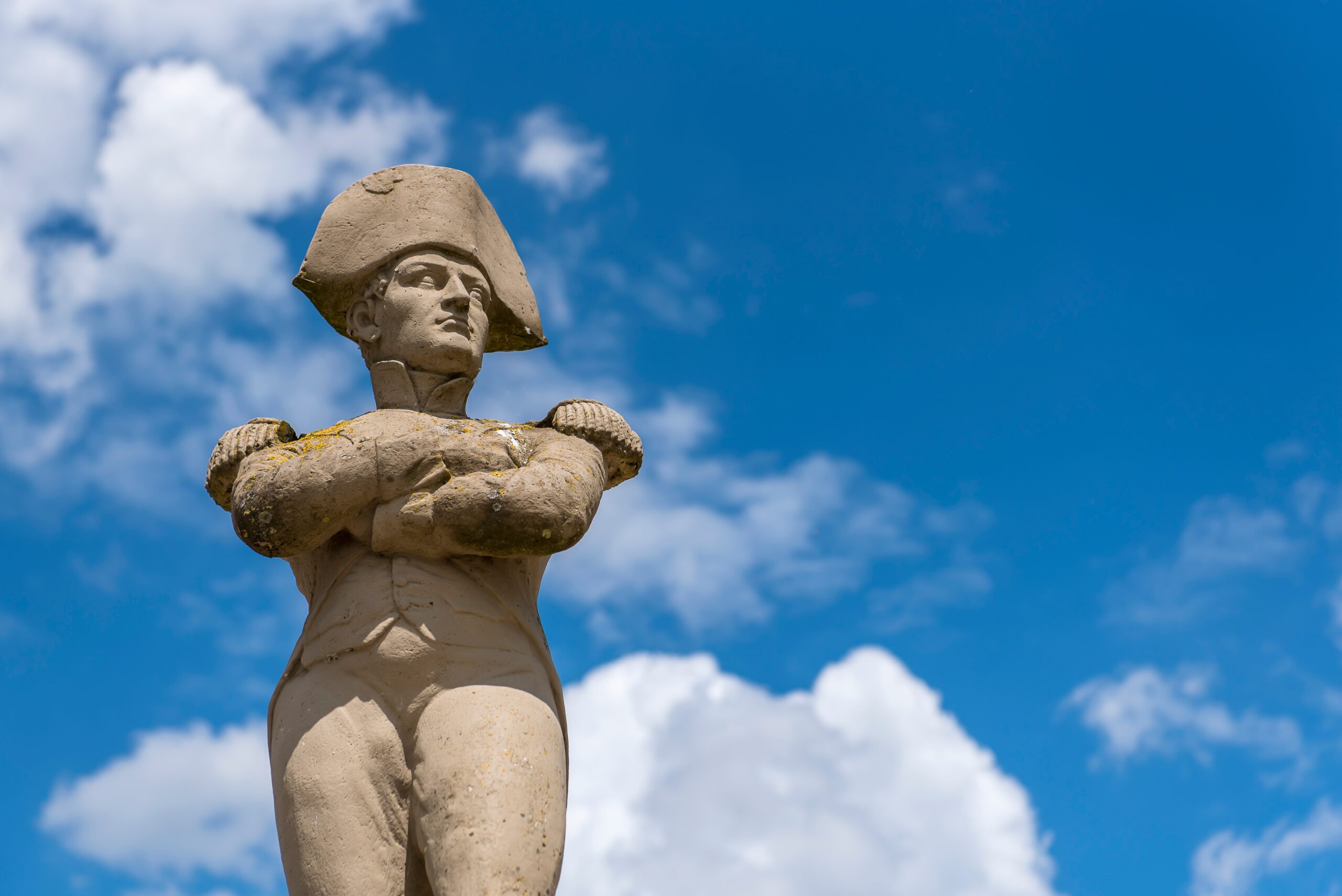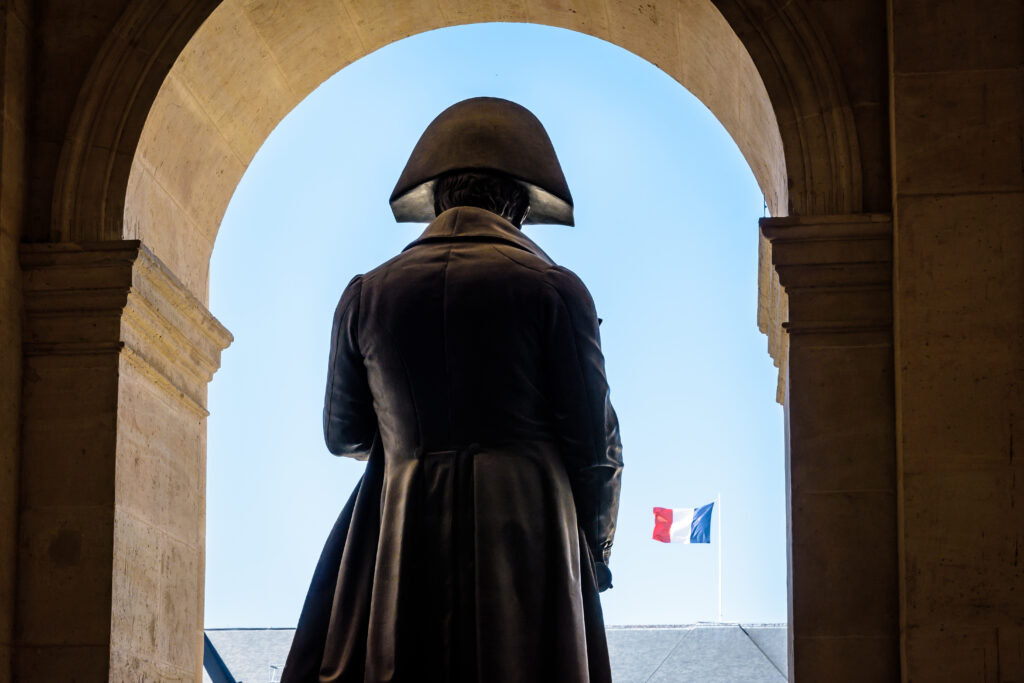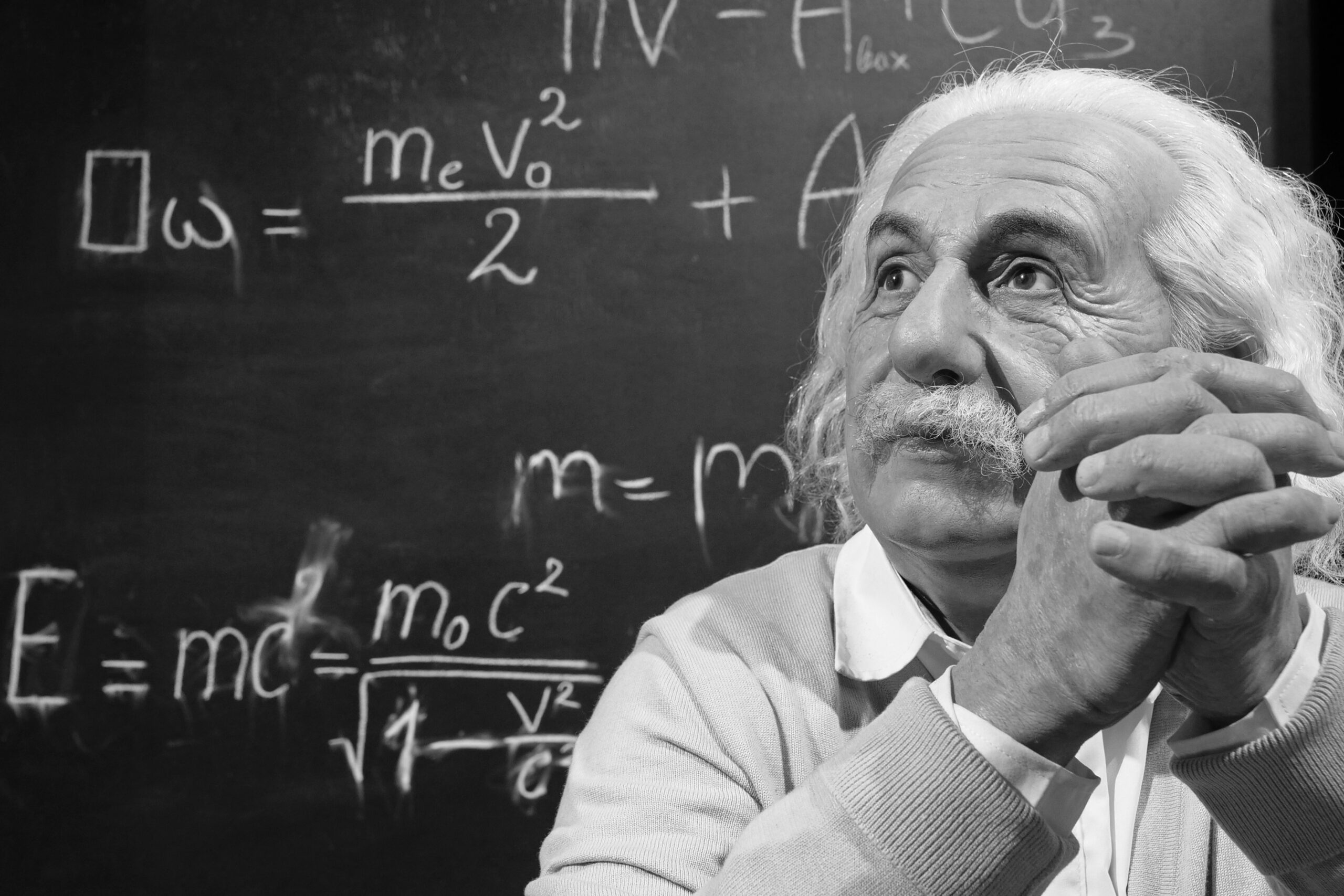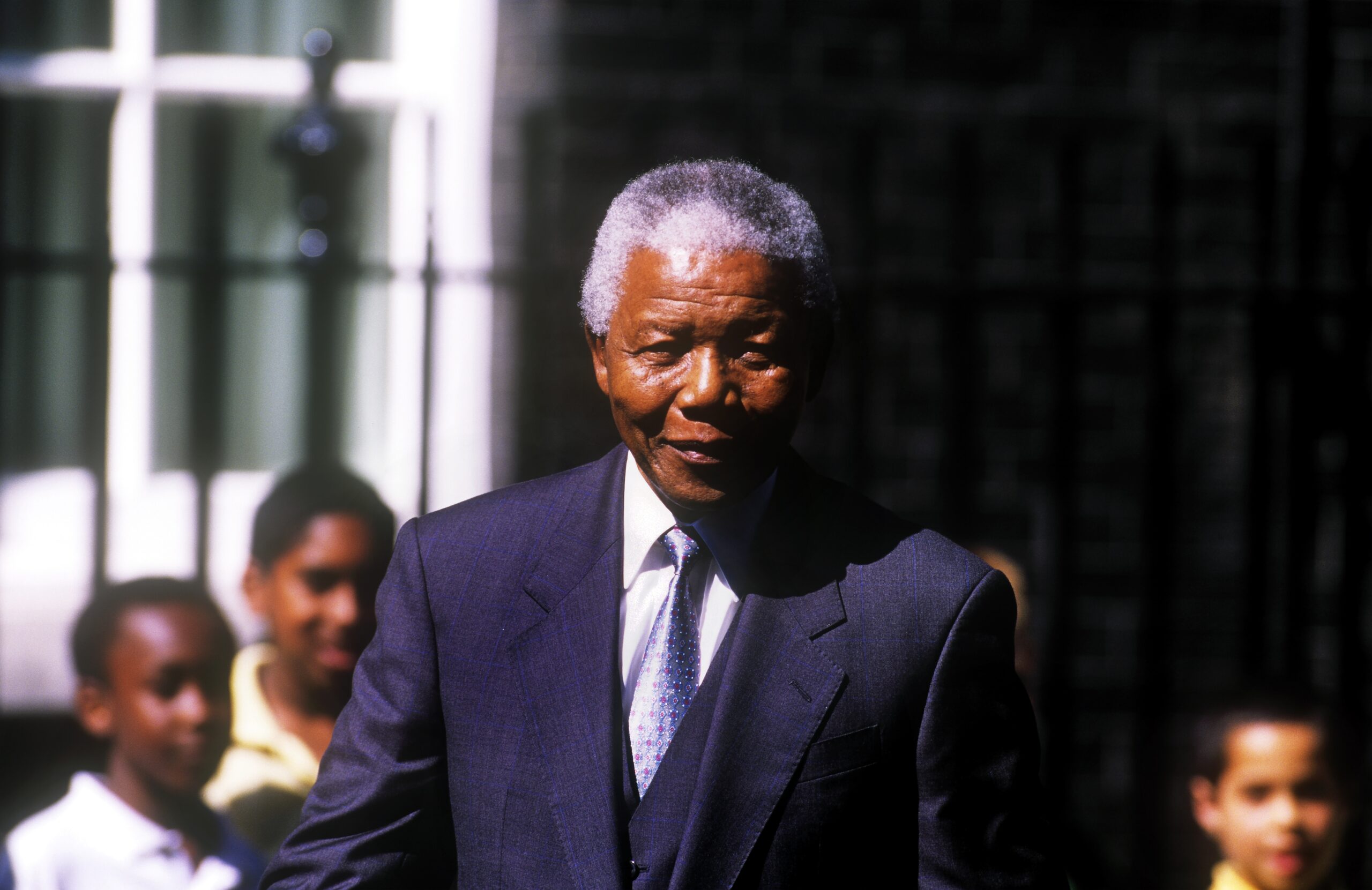
Napoleon Bonaparte: How a Soldier Rose to Rule Europe
Few figures in history have risen as far — or fallen as hard — as Napoleon Bonaparte. Born on a remote island and trained as a low-ranking officer, he became Emperor of the French and one of the most influential leaders Europe has ever seen.
In this post, we’ll explore how Napoleon rose from obscurity to dominate the battlefield and the political stage, leaving behind a legacy of innovation, conflict, and ambition that still shapes the world today.
Outline
- Corsican Roots: A Modest Beginning
- Revolution and Opportunity
- The Italian Campaigns: Where Greatness Emerged
- Egypt and Ambition Abroad
- Seizing Power: The Coup of 1799
- Emperor of the French
- Europe Under Napoleon
- The Russian Catastrophe and Waterloo
- Legacy: Genius or Tyrant?
- Final Thoughts
Corsican Roots: A Modest Beginning
Napoleon Bonaparte was born in 1769 on the island of Corsica, shortly after it had been acquired by France. He came from minor nobility but wasn’t wealthy, and his outsider status would later influence his political views.
At just nine years old, he was sent to mainland France for military training. He spoke French with an accent and often faced discrimination — but he excelled in mathematics and artillery, laying the groundwork for his future brilliance on the battlefield.
Revolution and Opportunity
The outbreak of the French Revolution in 1789 radically transformed France — and opened the door for ambitious young officers like Napoleon.
By aligning himself with revolutionary ideals and proving himself in battle, Napoleon climbed the ranks quickly. His decisive leadership at Toulon in 1793, helping drive out British forces, brought him national recognition and a promotion to brigadier general at just 24 years old.
The Revolution created chaos — and chaos rewards those who act decisively.
The Italian Campaigns: Where Greatness Emerged
In 1796, Napoleon was given command of the French Army of Italy. Against the odds, he led a series of stunning victories against Austrian forces.
He demonstrated:
- Unconventional tactics
- Rapid troop movement
- Effective use of morale and propaganda
The campaign made him a national hero and marked the beginning of his image as an unbeatable commander.
It also gave him a taste for power — and the confidence to pursue it.
Egypt and Ambition Abroad
In 1798, Napoleon led a campaign to Egypt, aiming to disrupt British trade and build his own empire. Militarily, it was a mixed success — the famous Battle of the Pyramids was won, but the Battle of the Nile saw the French fleet destroyed by Admiral Nelson.
Still, the campaign showcased Napoleon’s thirst for conquest and allowed him to control the narrative back in France.
Even in failure, he knew how to turn military action into political capital.
Seizing Power: The Coup of 1799
France, by 1799, was politically unstable and exhausted by war. Napoleon returned to Paris, capitalised on public frustration, and staged the Coup of 18 Brumaire, overthrowing the Directory and establishing the Consulate — with himself as First Consul.
In 1804, he declared himself Emperor of the French.
👑 He crowned himself in a symbolic rejection of papal authority, declaring his power came from the people — not tradition.

Emperor of the French
As emperor, Napoleon:
- Reformed laws through the Napoleonic Code
- Strengthened education and central administration
- Promoted meritocracy over aristocracy
- Built one of the most efficient military machines in history
However, his regime also grew increasingly authoritarian, and he reintroduced censorship and secret police.
He was both a moderniser and a dictator — a contradiction that still defines him.
Europe Under Napoleon
From 1804 to 1812, Napoleon dominated continental Europe through war and diplomacy:
- Defeated Austria and Russia at Austerlitz (1805)
- Crushed Prussia at Jena-Auerstedt (1806)
- Forced peace with Russia at Tilsit (1807)
He redrew the map of Europe, placing family members on thrones and spreading the Napoleonic Code across the continent.
But resistance grew — especially in Spain, Germany, and Russia.
The Russian Catastrophe and Waterloo
In 1812, Napoleon made his greatest strategic mistake: invading Russia. His massive Grand Armée was reduced by cold, starvation, and guerilla attacks.
After defeat in the Battle of Leipzig (1813), he was forced to abdicate and exiled to Elba in 1814.
He escaped in 1815 for a brief return to power — the Hundred Days — before suffering final defeat at the Battle of Waterloo.
He was exiled again, this time to Saint Helena, where he died in 1821.
Legacy: Genius or Tyrant?
Napoleon’s legacy is deeply complex.
Contributions:
- Legal reforms still influence modern law
- Helped modernise state administration
- Spread Enlightenment ideals across Europe
Controversies:
- Millions died in his wars
- He crowned himself emperor
- He crushed dissent and manipulated democracy
He remains one of history’s great paradoxes: a liberator who became a ruler, a revolutionary who crowned himself king.
Final Thoughts
Napoleon Bonaparte’s story is one of ambition, brilliance, and the dangers of unchecked power. He changed not only the face of France but the entire structure of European politics and law.
From a Corsican outsider to the Emperor of Europe, his rise was meteoric — and his fall just as spectacular.
Whether viewed as a genius strategist, a tyrant, or a reformer, one thing is certain: Napoleon left the world utterly transformed.


